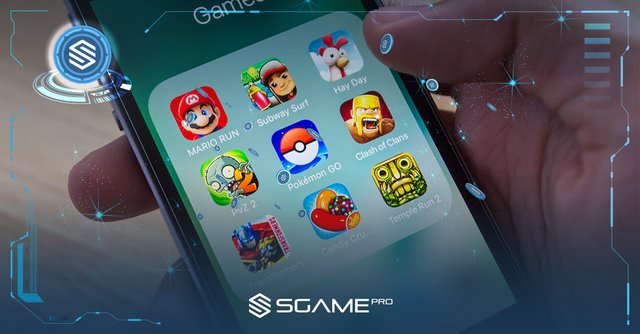
As demand grows, the challenge of keeping up with user expectations and preferences also increases. With the promise of portability and entertainment on-the-go, the mobile gaming industry has attracted millions of players from all over the world. According to Statista, by 2022, over 1.48 billion people will become mobile gamers worldwide. Market revenue will increase, but only when players have access to unique gaming experiences.
Issue of Scalability
A sudden influx of users will overload servers and prevent users from playing or even downloading things. If publishers and developers are unable to make investments in scale, it will likely lead to a poor user experience and a decline in their long-term revenue. According to an article on Highwinds, building a massive network based on CDN service is a good way to go about it, so that publishers are not forced to pay for unused capacity, at low levels of traffic.
Marketing and Reach
Costs are high when companies launch games in untapped markets. New teams have to be deployed and servers have to be built, which can support the additional influx. All these costs eat into the revenues. According to Techaeris, new publishers and developers do not have sufficient brand recognition and marketing power to reach out to the best media channels or influencers, who can build up the brand image. Selling on personal websites costs money too.
Access to the Right User Data
Getting feedback is a challenging task, but essential to know how to tweak games to attract the maximum players. User feedback is tricky, since people’s opinions differ from objective facts. The challenge is not to access data, but data aggregation, to build a true brand experience.
According to an article on MediaPost, 90% of the collective data in and out of the entertainment industry has been available only for the past two years. While in 2010, it was easier for publishers to get concrete information, by 2017, a $40 billion industry demanded a more complex, data-driven approach for future projects, according to Venture Beat. Thus, publishers today need more delivery platforms, which can also function as data providers.
In-Game Monetisation
Opportunities for monetisation across mobile game apps are aplenty. Freemium models are popular, which makes it necessary to include mobile ads to earn money. As much as they are important for monetisation, they distract and annoy users, leading to lower user engagement metrics. Lack of relevant mobile ads is a challenge for publishers today, according to TNW.
In addition, the payment structure and methods also serve as deterrents. A confusing payment structure leads to revenue losses, and makes the whole purpose of ads futile. Consumer demographics are changing too. An article on WhatCulture asks its readers to remember the last time that someone over 30 spent thousands of dollars on in-game purchases. The average gamer today is not a teenager, but a 30-something, tech-savvy individual.
Blockchain Could Be the Solution
According to Gamasutra, aggregators and curators are the new way of publishing and developing mobile games, which was not the case in previous years, where the focus was on game consoles. Everything, from crowd-funding to distribution and even micro-transactions, becomes easier and safer on such platforms.
One such platform is being built by Sgame Pro™; which is a leading mobile game aggregator, built on blockchain. It allows users to mine crypto-tokens by playing their favourite mobile games.
CEO Gip Cutrino of Sgame Pro™ says that the platform aims to create a unique ecosystem, where all the elements of the industry, including players, publishers, influencers and merchants can thrive and benefit from each other.
The platform will provide publishers a simple and innovative way to promote their games and gain access to the 60 million followers and key influencers on the #Pewdiepie network, the official partner of Sgame Pro™. Through a referral system, influencers will be able to monetise their followers, without compromising their image.
At the heart of it all will lie the SGM token, an ERC-20 compatible crypto token, which will be given out to players, based on their time and efforts on the platform. These tokens can then be used for in-game and other purchases across the platform.
To know more about their upcoming ICO, visit sgamepro.io and follow on Facebook, Twitter, Instagram and LinkedIn.